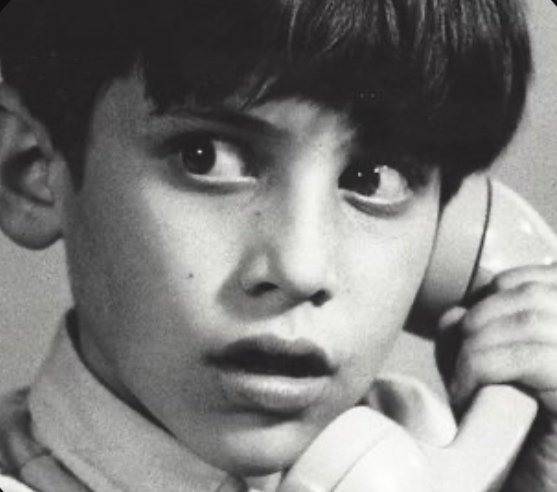Canada's Blue-Line Blues
/Old-style hardliners have to stick to a hard line; we liberals have more flexibility, which we opportunistically call “pragmatism.” So I can say, with absolutely sincerity, that my previous announced desire to see the Russians win is not one whit diminished, nor do I think my hockey smarts put in doubt, because they lost as badly as they did to Finland this week, getting eliminated from medal contention in the process. The point, after all, was that the Olympics are a chance to showcase, at last, hockey at its best—and the U.S.A.–Russia game on Saturday did just that.
Why even Phil Mushnick, of the New York Post—not usually much of a hockey man at all—took time off from fact-checking Mike Francesa to praise the quality of play:
The larger Olympic rinks make for more sustained attractive hockey, not the ponderous, crowd-the-boards, push-and-shove, clog-and-slog stuff the NHL too often features. Big ice hockey relies on vision, speed, skating and stamina. Heck, to engage in obligatory, NHL-style brutality means first having to reach one’s target. Good passing is not preferred, it’s demanded. And even lopsided games hold eye-appeal for their tempo.
Couldn’t have put it better myself. If that terrific game served as an advertisement for what hockey can be, rather than what it too often is in the Bettman era of desert-based teams and swamp-based hockey, then mission accomplished, even if the Russians weren’t the ones to accomplish it. (Though let it be said—and my colleague Ben McGrath has—that Russia’s would-be go-ahead goal against the U.S. was disallowed for no very good reason, and that if this had happened to the American team, you’d still be watching the replay on NBC.)
The Great Russian Disappointment, though, certainly deserves some scrutiny. I gulp a little at the analysis Ben offers—that the Russian system no longer produces defensemen of world class—since two of the defensemen who were supposed to be in that class, Andrei Markov and Alexei Emelin, both are (chance to use the word) stalwarts of the Montreal Canadiens’ rear guard, which I guess tells you something about the Habs. (Emelin also surely made a mistake when he changed the transliteration of his name from the much scarier Yemelin.)
I wonder, though, if the Russians aren’t suffering from a more virulent form of the disease currently plaguing Brazil. Like the Russians, in hockey, the Brazilians, in soccer, send dazzling performers around the world, but, also like the Russians, the Brazilians, after decades of dominating international play, have lately been disappointments to their fans, perhaps for similar reasons: getting a collection of offensive-minded prima donnas to play together, and play with a team philosophy, is much harder than it might seem, especially in relatively short order. Ovechkin’s inexplicable failure and pouting exasperation puts me in mind of Ronaldo’s similar arc in the 1998 World Cup. And, in general, there is a familiarity in the business of seeing a team made to score become quickly frustrated when the attack is repulsed. That defensive tactics have become the standard of international play in both sports, and that these teams have not much emphasized them, is perhaps not sufficiently underlined. Indeed, the Brazilian team, for this summer’s World Cup, is said to have been reëngineered as a defensive-minded squad for exactly that reason. “Its once glorious attacking whimsy … has made way for a dull, mirthless counterattacking style,” Leander Schaerlaeckens writes, “premised on defensive solidity and, that awful word again, pragmatism.” It is an awful word, I suppose, but one that future Russian teams will have to take up, too.
Looking ahead to Friday’s U.S.A.–Canada game, I will shock you by agreeing that the Americans could very well come out on top again. For the startling thing is that, with all the good hockey taking place in Sochi, Team Canada has played none of it. (Or, at least, this is the case on the men’s side. The Canadian women’s hockey team defeated the U.S. in overtime on Thursday for its fourth-straight gold medal.) Why this should be so—Canada struggles to defeat Latvia!—is a subject of much debate back home. “The public at large is in full panic mode, despite four consecutive wins,” the Globe & Mail reports, with explanations ranging from inadequate coaching to a kind of “After you, Alphonse” attitude on the part of the forwards, each looking to his fellow-linemen to carry the team first. My own theory is also blue-lined based, and purely parochial: the absence from Team Canada of the real stalwart of the Habs’ blue line, P. K. Subban, who has been benched for fear of his making defensive errors (as he is reputed to do, though he rarely does), when, in truth, the big ice surface and relative lack of stick fouls and holding would enable his skating game—the best a defenseman has offered since Paul Coffey—to carry the play. If Canada loses, we P.K.ers will have an instant excuse.
There’s so much talent on the Canadian team that it’s hard to believe they can’t, or won’t, rise to the occasion. But sometimes a team will peak in a tournament, its athletes playing together in exactly the right way at the right moment, and this time that team is the American one.


